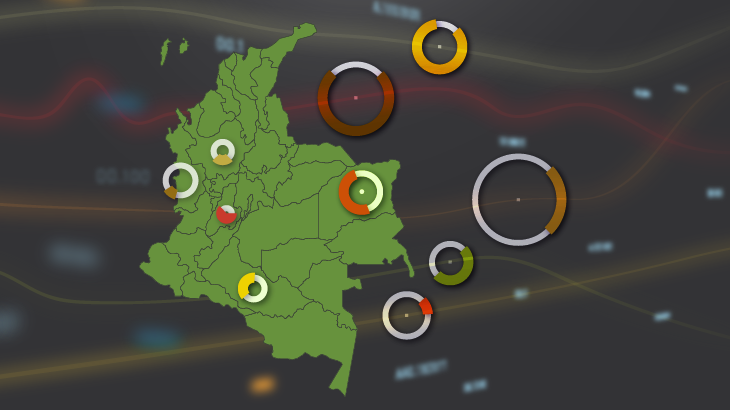
The most recent
Abstract
Asymmetric decentralization has become relevant in developing countries like Colombia, where capabilities between subnational governments differ dramatically. Although these discussions have been present since the 1960s, the success of decentralization is still a relevant discussion in these contexts, where the classification of the territory is fundamental. This document discusses the possible obstacles of the territorial classes currently used in Colombia. Likewise, it proposes and discusses the usefulness of using recent algorithms from the unsupervised machine learning literature to classify subnational territories. Specifically, this document implements Clustering via Optimal Trees (ICOT), an algorithm that allows us to classify the territories and identify the rules underneath the defined classes. This study also proposes the existence of different territorial typologies according to their uses.


 Yuri Carolina Reina-Aranza
Yuri Carolina Reina-Aranza